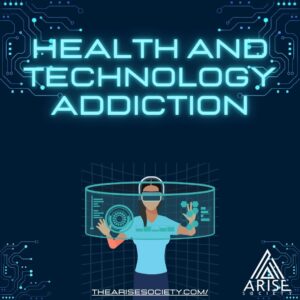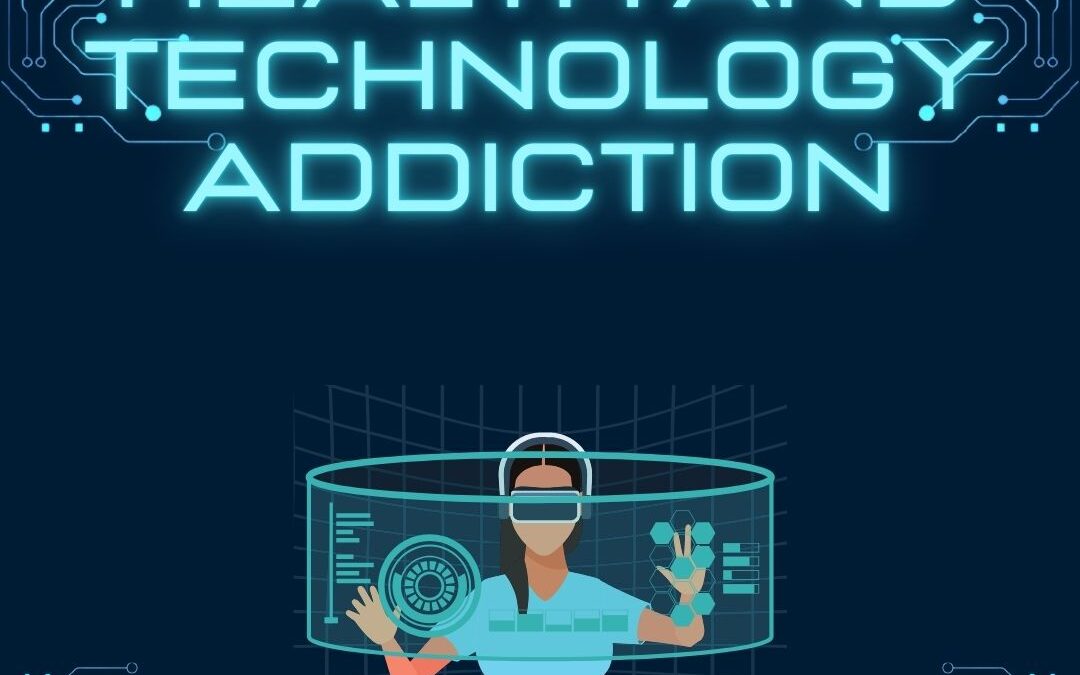 What are the health concerns of technology addiction?
What are the health concerns of technology addiction?
Introduction
Technology has quietly woven itself into every corner of our lives. Our dependence on digital devices is undeniable from morning alarms to evening routines. However, as beneficial as technology can be, it also poses risks of addiction, which can adversely affect both our physical and mental health. Understanding the scope of these effects is crucial for sustaining a balanced relationship with technology. Let’s explore how technology addiction can impact our well-being and see how The Arise Society supports healthier habits.
Adverse Physical Health Effects
Obesity and Reduced Physical Activity
Our digital-age conveniences have come at a cost—reduced physical activity. With technology advocating for more screen time through work, leisure, and social activities, many people lead a sedentary lifestyle. This lifestyle often results in weight gain and obesity. Moreover, prolonged screen time is linked to musculoskeletal issues, such as chronic back and neck pain, worsened by poor posture during device use.
Sleep Disorders
The screens that provide us with endless information and entertainment also emit blue light, which can be disruptive. Blue light exposure before bedtime impairs melatonin production, a hormone crucial for sleep, thereby affecting our circadian rhythm. This disruption can lead to sleep disorders like insomnia, impacting not just physical health but mental performance as well.
Eye Strain
Spending long hours in front of screens strains our eyes—a condition aptly called Digital Eye Strain (DES). Symptoms include dry eyes, blurred vision, and headaches. Although these symptoms may seem temporary, prolonged exposure without corrective measures can seriously affect long-term vision health.
Psychological and Mental Health Impacts
 Anxiety and Depression
Anxiety and Depression
Increasingly, research points to a connection between excessive technology use and heightened levels of anxiety and depression. Social media, while connecting people across vast distances, can exacerbate feelings of inadequacy and self-doubt by fostering an environment of constant comparison. Such platforms often glorify a curated version of life, making users feel isolated and inadequate.
Social Isolation
Despite its promise to bring us closer, technology can paradoxically lead to social isolation. As individuals spend more time interacting with screens than with people around them, they’re unknowingly sacrificing genuine human connections. This lack of real-world interaction can further intensify feelings of loneliness and contribute to mental health struggles.
Mitigating Risks and Promoting Healthier Tech Use
 Screen Time Management
Screen Time Management
Managing screen time is paramount in combating technology addiction. Setting daily limits ensures that technology remains a tool rather than a crutch. Many devices offer built-in features to help users track and control their usage. Balancing screen time with physical activity also helps mitigate health risks.
Sleep Hygiene
Incorporate screen-free time into your bedtime routine to boost sleep quality. Avoiding screens at least an hour before bed and using blue light filters can aid in reducing sleep disruptions. These simple changes can significantly improve one’s sleep hygiene and overall health.
Professional Support
When technology addiction affects health, professional guidance can be invaluable. Healthcare professionals can provide strategies and support to break excessive technology use patterns. Recognizing when to seek help is a proactive step towards achieving a healthier lifestyle.
How The Arise Society Can Help
 Personalized Support
Personalized Support
The Arise Society offers individualized therapeutic and social support to address technology addiction. It understands that each individual requires a unique approach to tackle these challenges effectively.
Real-world Setting
Situated in a nurturing real-world setting, The Arise Society encourages young adults to develop healthier habits. This immersion helps students foster meaningful human interactions and build resilience against the isolating tendencies of technology addiction.
Reach Out to Us
If you or someone you know struggles with technology addiction, The Arise Society is here to help. Their personalized solutions can support a journey back to a balanced and fulfilling life. Reach out to The Arise Society to explore their transformative support systems and take the first step towards healthier tech use and well-being.
FAQs – Health and Technology Addiction
- What physical health issues are commonly associated with technology addiction?
- Technology addiction can lead to several physical health problems, including obesity and musculoskeletal issues due to a sedentary lifestyle, sleep disorders caused by blue light exposure, and digital eye strain from prolonged screen time.
- How does technology addiction impact mental health?
- Excessive use of technology is linked to higher levels of anxiety and depression. Social media can enhance feelings of inadequacy and self-doubt, while reduced real-world interactions may lead to social isolation and loneliness.
- What strategies can help mitigate the risks of technology addiction?
- Effective strategies include managing screen time by setting daily limits, improving sleep hygiene by reducing screen exposure before bed, and seeking professional support when necessary.
- What role does The Arise Society play in addressing technology addiction?
- The Arise Society provides personalized therapeutic and social support in a real-world setting to help individuals develop healthier technology habits and foster meaningful human interactions.
- How can individuals improve their sleep hygiene to counteract tech addiction?
- To improve sleep hygiene, individuals should incorporate screen-free time into their bedtime routine, avoid screens at least an hour before bed, and use blue light filters to reduce sleep disruptions.


 Anxiety and Depression
Anxiety and Depression Screen Time Management
Screen Time Management Personalized Support
Personalized Support